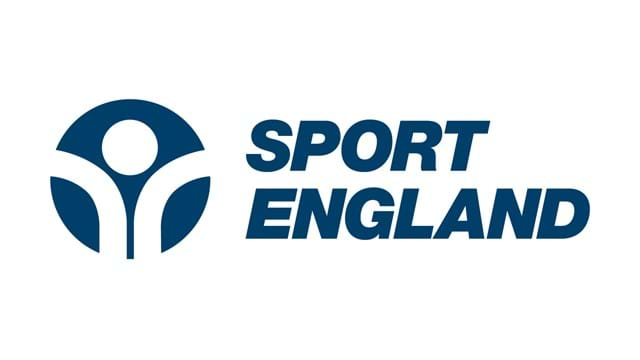A whole system approach to using physical activity to support children’s mental wellbeing in Salford
Read how partners in Salford worked together during the pandemic to improve the mental wellbeing support on offer for children and young people by integrating physical activity into an existing framework
Share
The pandemic has brought many negatives and caused a halt to a lot of activity over a prolonged period of time. However, one benefit has been the opportunity for a wide range of organisations in Salford to meet (virtually) and plan interventions and support around young people. The organisations included representatives from education; Educational Psychology; mental health services; Public Health; Salford voluntary organisations; Salford Community Leisure; Salford School Sports Partnership (SSP); Youth Services and; Salford CCG’s Clinical Lead for children and young people Dr Wan-Ley Yeung.
Over a number of meetings between November 2020 and March 2021, the group consulted with colleagues/teams and partners; children and young people and; schools (sport leads, head teachers and mental health leads). These meetings resulted in the development of a new programme “Physical Activity on Prescription”, to sit within the borough’s existing framework, Thrive in Education (TiE), which aims to ensure children are supported with their mental health and wellbeing. The new programme aimed to develop an action plan across a range of services and; deliver interventions within schools, particularly focussing on those pupils most in need.
The resulting action plan identified two key needs;
- The provision of non-traditional, alternative interventions for young people who may not benefit from traditional mental health interventions, or who may engage better in a physical intervention alongside, or incorporating, mental health and wellbeing support.
- Raising the profile of sport and physical activity in schools as a pathway for improving wellbeing.
As a result of the action plan, progress has been made in a number of areas;
- Physical activity criteria has been included in the Emotional Friendly Settings standards and the SSP offer.
- A sport and physical activity workshop was added in to Salford’s Emotionally Friendly Schools Conference in May 2021.
- The SSP is using the newly created Emotionally Healthy Schools Physical Activity Framework in all PE Curriculum Reviews with schools. This has also been shared with Senior Leaders, PE Leads and the EFS teams.
The next step was to work directly with the young people during the summer term. It was agreed that this should be at a TiE school, and a school that would support both the physical activity programme and the work of the Children and Adolescent Mental Health Services (CAMHS). A pilot school was chosen, Light Oaks Junior School, and despite Salford’s schools being greatly affected by the Delta variant a full block of activities was able to take place during the summer term in 2021: the programme will continue in the autumn term.
Light Oaks Junior School pilot programme
A 6 week pilot programme was delivered that engaged 14 year 5 pupils that were identified by the Special Educational Needs/Disability coordinator in the school. Each session had 2 CAMHS I-Reach clinicians supporting the SSP and school staff. The chosen activity was golf, which the SSP staff commented to say;
“Golf is a difficult skill to perform well, but many of the pupils can already strike the ball consistently well and all pupils can now 'chip' the ball.”
The pupils that took part in the programme went on to participate in a borough-wide sport event, with one student overcoming their anxiety to perform really well. Initial feedback from pupils and teachers has also been really positive, with engagement levels being better than expected and increasing during the sessions. One teacher remarked;
"I've never seen H smile so much."
Learning to date includes;
- Ensuring the correct pupils are selected
- Limiting the group to 15 pupils
- Having a weekly meeting
- Having a participating teacher involved from the school
- Opportunity for individual success/ progress in a non-threatening environment.
When completed, the full findings will be widely shared, and further projects along similar lines are already being planned.
To find out more about this work in Salford, please contact [email protected]
Latest News

Sport England release latest Active Lives data
The latest data regarding adults activity levels across the Country have today been released.

The Big Help Out is back for 2024
Around 6 million people got involved in May 2023 and it's back for a weekend in June.

